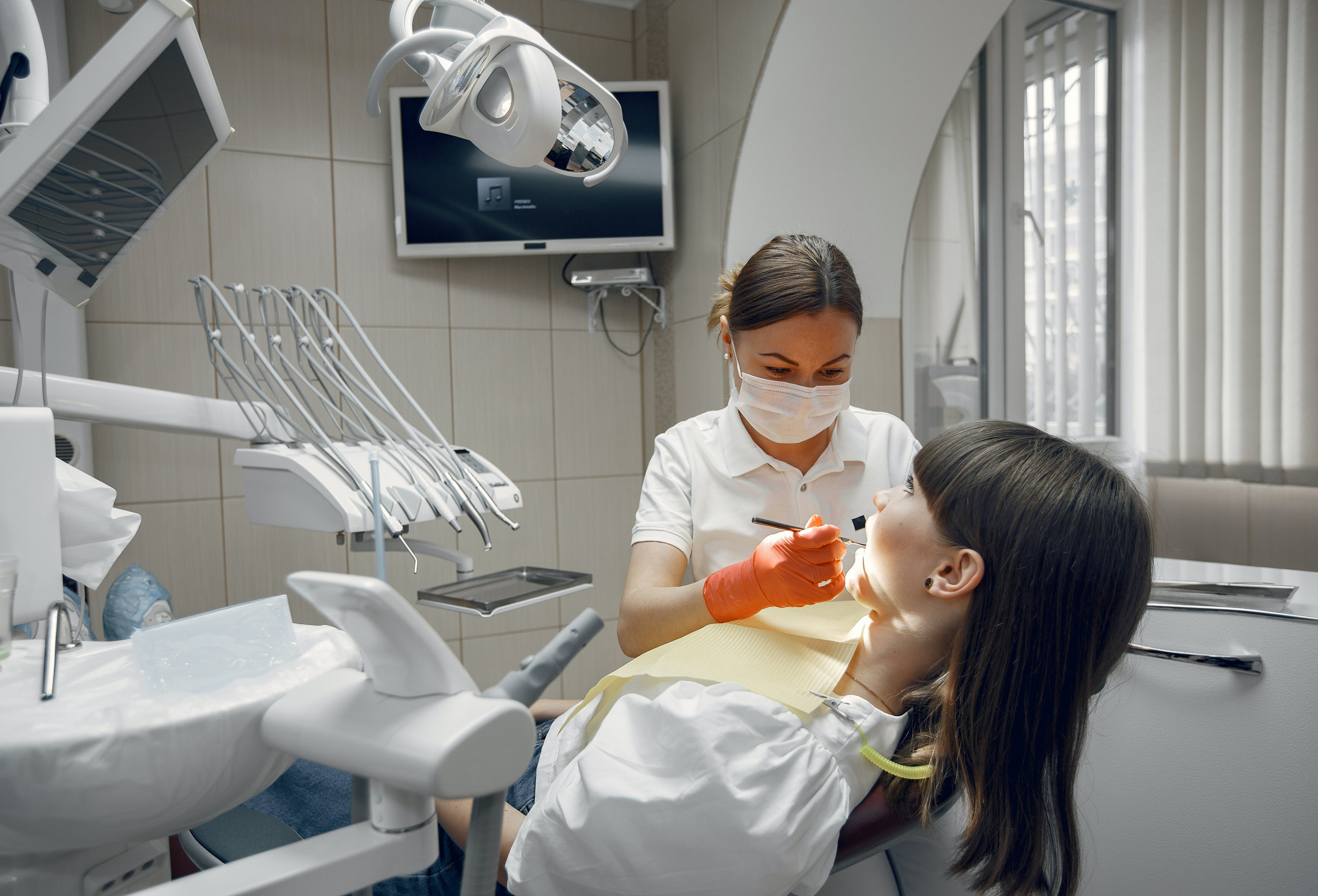
It’s a common scenario – you wake up in the middle of the night with excruciating tooth pain, or you chip your tooth while eating dinner. Whatever the case may be, dental emergencies happen and it can be frustrating when your regular dentist is closed.
But don’t panic! There are still options available to you when you need a dentist and they’re closed.
Here are some steps you can take to get the help you need:
- Call Your Dentist’s Emergency Number
Many dental practices have an emergency line for after-hours situations. This number should be listed on their website or in a voicemail message. If you have this number, give them a call and explain your situation. They may be able to direct you to an on-call dentist or give you advice on how to manage the pain until they can see you during normal business hours. - Check for Urgent Care Dental Clinics
In some areas, there are dental clinics that specifically cater to urgent care cases. These clinics are often open outside of regular business hours and can provide immediate relief for your dental emergency. It’s worth doing some research to see if there are any of these clinics in your area. - Consider Going to the Emergency Room
If your pain is severe or you have a serious injury, it may be necessary to go to the emergency room. While they may not have a dentist on staff, they can provide pain relief and stabilize any injuries until you can see your regular dentist. - Use Over-the-Counter Pain Medication
In the meantime, you can use over-the-counter pain medication to help manage the discomfort. Ibuprofen or Tylenol are good options for dental pain. Just make sure to follow the recommended dosage and do not exceed the daily limit. - Schedule an Appointment as Soon as Possible
Once your regular dentist is back in business, make sure to schedule an appointment right away. Even if the pain has subsided, it’s important to have a professional examine and treat any dental issues that may have caused the emergency in the first place. Denplan in category B is recommended for patients who have poorer gum conditions and may require additional hygiene appointments.
Keep Up With Regular Dental Check-Ups
While it’s important to know what to do in a dental emergency, the best way to prevent them is by keeping up with regular dental check-ups. By visiting your dentist every six months, they can catch any potential issues before they become emergencies. Plus, regular cleanings and exams can help maintain your overall oral health. So don’t skip those appointments; they may just save you from a midnight toothache!
Invest in Dental Insurance
It’s always a good idea to have dental insurance, especially when emergencies can happen at any time. Having coverage can make it easier to afford necessary treatments and procedures, giving you peace of mind in case of an unexpected dental situation. If your employer doesn’t provide dental insurance, consider looking into individual plans to ensure you have coverage when you need it most.
Final Thoughts
Dental emergencies can be unpredictable, but knowing what to do when your regular dentist is closed can help alleviate some of the stress and pain. Remember to stay calm, seek out available resources, and make sure to schedule an appointment with your dentist as soon as possible. And don’t forget to keep up with regular check-ups and invest in dental insurance for added protection. With these tips, you can handle any dental emergency that comes your way!




